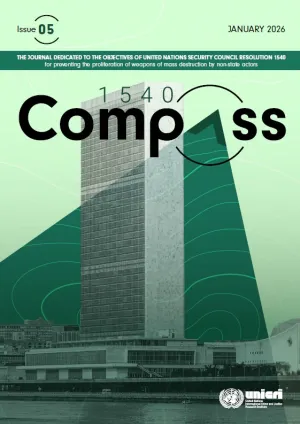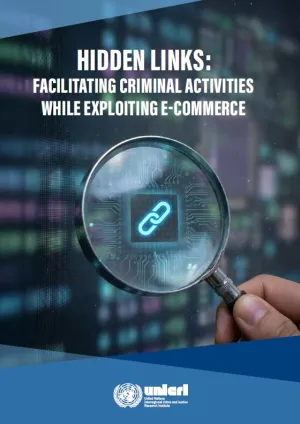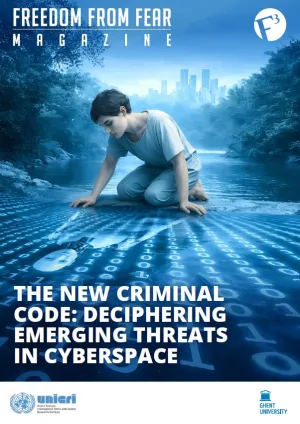The first hours and days following a chemical, biological, radiological, or nuclear (CBRN) event are essential to assess the problem, mobilize appropriate national resources and experts and provide an adequate and timely international response. This cross-sectoral assistance is crucial to save lives, ease suffering, and mitigate the effects of contamination; it should therefore reach the crisis area in the shortest possible timeframe. The development of a common and coherent approach, based on countries’ challenges, needs and priorities, as well as on best practices in responding to CBRN events, is beneficial to improve the effectiveness of such responses at the national and regional level.
In response to this identified need, UNICRI in partnership with the of the United States Department of State is developing a Toolkit on Effective CBRN Planning and Response for Policymakers and CBRN Managers. The toolkit will be designed to support Member States to understand what technical support they need in the days after a CBRN event. A comprehensive review of CBRN response plans and lessons learned from previous CBRN events or similar disasters will form the basis for the toolkit. Crisis-specific gaps in national, regional, and global response architectures will also be identified, with a focus on immediate response.
Objectives & activities
The toolkit’s intended audience will be policymakers and CBRN managers at the national, regional, and global levels. The main objectives of the project are:
to identify common challenges and good practices in the response phase of previous CBRN events;
to describe and simplify the main tools that policymakers and CBRN managers can use to plan and implement CBRN response plans;
to establish a network of regional stakeholders that includes national, international, and academic experts committed to sharing experience and improving coordination in the “day after” phase of a CBRN incident.
The end goal of the toolkit is to harmonize approaches in the response to CBRN events at the national and regional level.
To review, collect feedback and validate the toolkit, UNICRI will organize two regional workshops in the Middle East (with the support of the Gulf Cooperation Council) or South-East Asia, dependent on existing conditions and opportunities. The scope of these two workshops includes collecting experiences, best practices and challenges faced by the countries in developing, planning, and implementing CBRN response plans, including topics such as investigations, legal constraints, treaty obligations, CBRN material management, disposal and destruction, technical forensics, and proliferation concerns, identifying potential assistance requests and aid provision from the international community in the hours and days following a CBRN event and reviewing, collecting feedback, and validating the toolkit on CBRN response.



